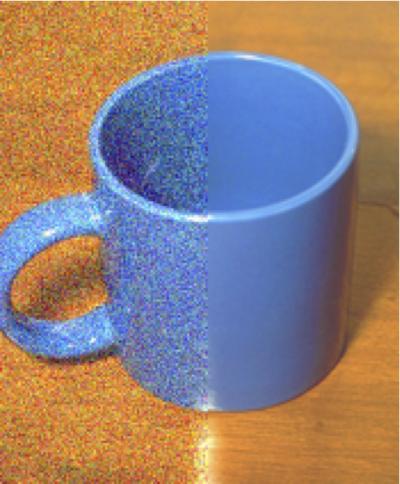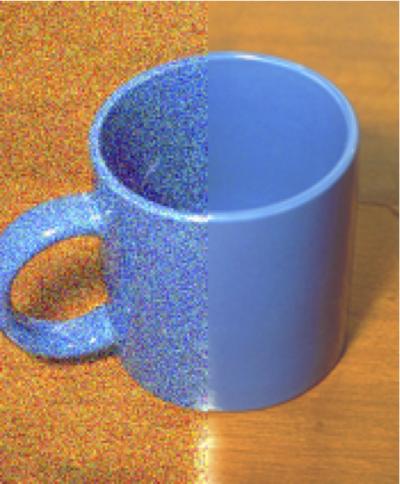When we look at images that have emotional meaning, we actually see and remember them more clearly than neutral ones, new psychological research shows.
“We call this ‘emotionally enhanced vividness,’ and it is like the flash of a flashbulb that illuminates an event as it’s captured for memory,” said study lead author Rebecca Todd at Canada’s University of Toronto in a press release.
During the study, psychologists showed three different types of pictures to the participants: emotionally negative or violent images, emotionally positive images, and neutral images such as people on escalators. Then they tested which images were seen and remembered most clearly.
The pictures were deliberately made fuzzy with visual “noise” like that of an old TV screen. Some pictures were fuzzier than others, and the participants were asked to look at each picture and describe whether it was fuzzier, clearer, or the same as a standard reference picture.
“We found that while people were good at rating how much noise was on the picture relative to a standard, they consistently rated pictures that were emotionally arousing as less noisy than neutral pictures regardless of the actual level of noise,” said Todd.
“The subjective meaning of a picture actually influenced how clearly the participants saw it.”
The researchers found that the emotional pictures were not only seen more clearly but also remembered more vividly later.
They did some more tests to see if the enhanced vividness was caused by other factors, such as brightness of colors or the way people were looking at the pictures. These factors were ruled out.
Brain activity was also measured to see if the enhanced vividness registered right away or later on.
“We found that the brain indexes vividness pretty quickly–about a fifth of a second after seeing a picture, which suggests it’s about seeing and not just thinking,” said Todd.
“We know now why people perceive emotional events so vividly–and thus how vividly they will remember them–and what regions of the brain are involved.”
The paper was published in the Journal of Neuroscience on Aug. 15.
The Epoch Times publishes in 35 countries and in 19 languages. Subscribe to our e-newsletter.





